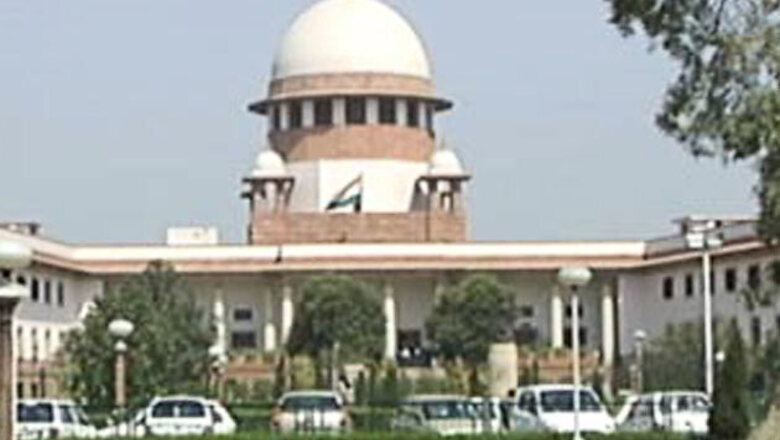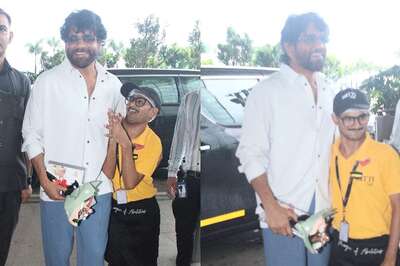
views
New Delhi: The Supreme Court Thursday said district collectors have no authority to permit mining activities merely because they have to go by wishes of their political bosses, as mining companies in Goa cited the official's orders and contended they had committed no illegality.
"The difficulty is that collector can't say no because of his bosses. We understand the situation on the ground," said the green bench of Justice A.K.Patnaik, Justice S.S.Nijjar and Justice Fakir Mohamed Ibrahim Kalifulla as senior counsel C.A. Sundram sought to buttress his claim to legal mining by referring to the collector's order.
The court's observation came as Sundram, who appeared for mining companies Chowgule, Bandehar and Madakam, told the court that "there was no finding that there was mining in the sanctuary".
"An order passed by the district collector can be challenged on merit but it can't be said what was said was illegal," he said, referring to the official carving out certain areas of the sanctuary which were used for mining.
If you talk about the collector then, "we will go after the collector. Difficulty is that collector can't say no to his bosses. We understand the situation," Justice Patnaik observed. "It is a rule of law. Unless we put the fear of law in the mind of collectors, they will disobey the law and obey their bosses."
The district collector can deal with land rights or its surface use, but "he has no right to give mining leases rights", the court observed.
Appearing for one of the mining companies, senior counsel Chandra Uday Singh urged the court not to go into the question of a buffer zone, separating the sanctuary from the mining area, as the government had itself said it would decide on the buffer zone by October end and accordingly issue a notification to that effect.
The court disagreed with the contention that the buffer zone should be site specific, saying that it should be activity specific as laying down a road may require a lesser buffer zone, than what would be required for undertaking mining activities and much more in case of setting a nuclear plant.
Asking the senior counsel to be "fair, very very fair and ultimately it is the truth that triumphs", Justice Patnaik said that the mining activities, consequent blasting and movement of trucks affected "leaves, tress, forest and environment", and added that the dust in houses comes from the road and movement of traffic.
The court asked Chandra Uday Singh to see the impact of "Article 21 on the facts of this case (mining in Goa)".
The court also looked into the issue as to how mining leases, that had expired in 2007, were continuing on the ground of deemed approval of their applications which has not been decided so far.
The court is hearing a petition by Goa Foundation seeking a ban on the mining activities in Goa and permitting only an environmentally sustainable mining activity only after an expert body has gone into the damage already caused by rampant and rapacious mining on the environment.
The hearing would resume after Dussehra break Oct 22.



















Comments
0 comment